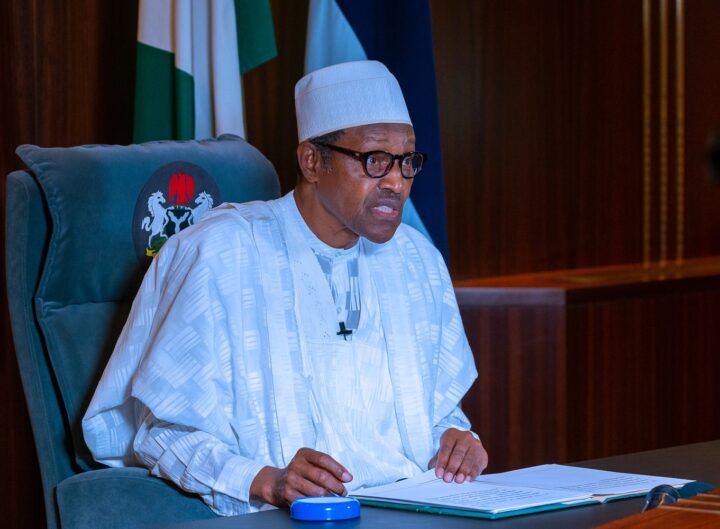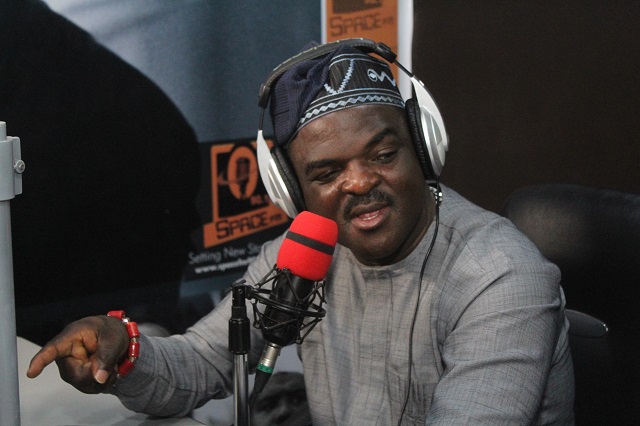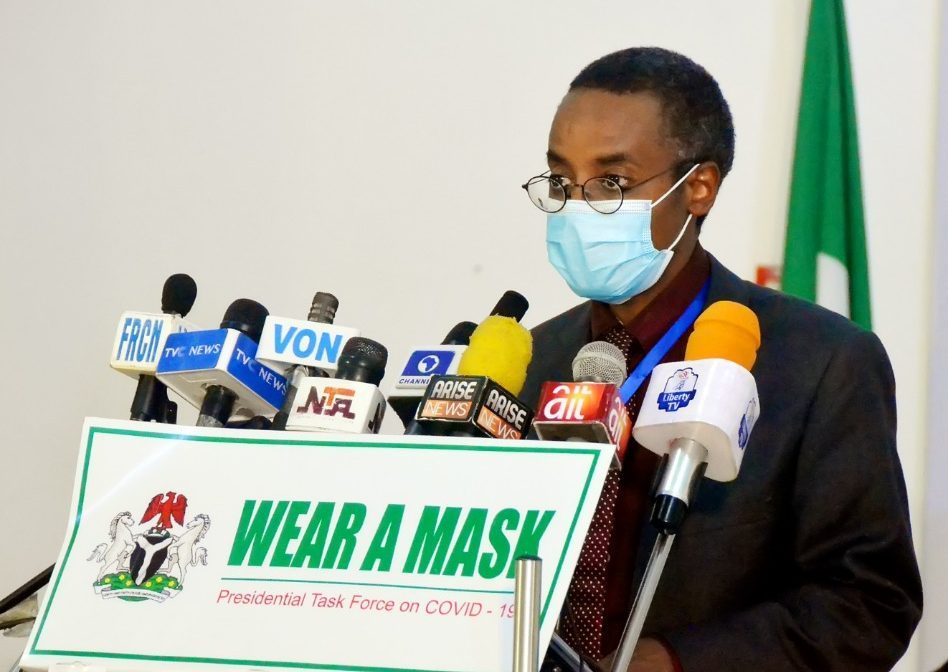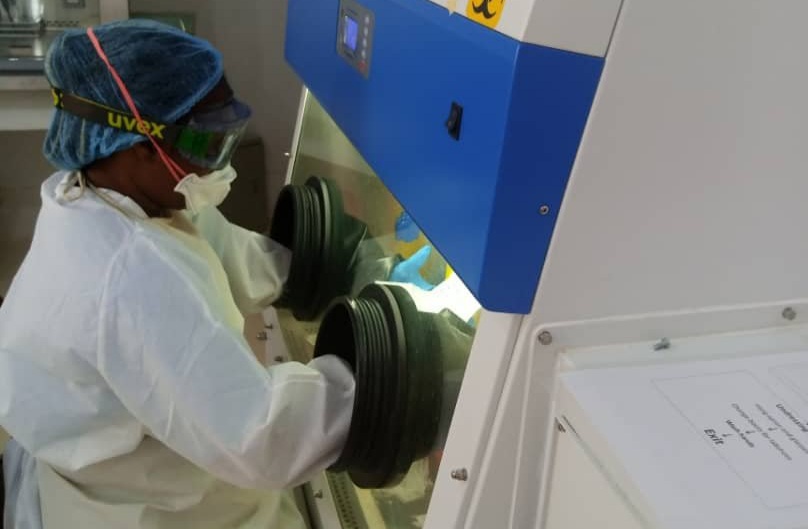President Muhammadu Buhari says his administration saved Nigeria from trouble by persuading citizens to return to agriculture.
Agriculture was Nigeria’s major source of revenue before crude oil was discovered in the 1970s.
Speaking at a virtual meeting with members of the presidential economic advisory council (PEAC) at the Presidential Villa in Abuja, Buhari said unemployed Nigerians, particularly those without education, were persuaded to engage in agricultural activities.
A statement issued by Garba Shehu, presidential spokesman, on Tuesday, quoted the president as saying his administration stopped food importation to allow farming to thrive.
Advertisement
He said such efforts have also resulted in job creation and reduction of poverty.
“For us to bounce back to productivity, especially in agriculture, the unemployed with many of them uneducated had to be persuaded to go into agriculture,” he said.
“If we hadn’t gone back to the lands we would have been in trouble by now. That is why we virtually stopped the importation of food thereby saving jobs and foreign exchange.”
Advertisement
Addressing the issue of loans received under his administration, Buhari said the loans are being used to finance infrastructure with the aim of attracting foreign investments into the country.
Documents had shown that Nigeria is indebted to China to the tune of $3.121 billion dollars as of March 31, 2020.
According to the Debt Management Office (DMO), this represents 3.94 percent of Nigeria’s total public debt, which stood at $79.303 billion as of March 31 (N28.6 trillion).
Nigeria’s total debt to China also accounts for 11.28% of the total external debt stock of $27.67 billion.
Advertisement
TheCable had highlighted details of 11 projects funded by Chinese $3.1billion loan.
“We have so many challenges with infrastructure. We just have to take loans to do roads, rail and power, so that investors will find us attractive and come here to put their money,” he said.
“COVID has reduced us to the same level as developed countries. We are lucky we went back to the land. We eat what we produce. We are doing our best to secure the country and provide infrastructure for investment to be viable in the country.”
Buhari pledged to continue to draw from the wisdom, knowledge and experiences of PEAC members as the nation deals with challenging economic times.
Advertisement
According to the presidential spokesman, Ayo Salami, PEAC chairman, presented the council’s recommendations on poverty reduction and stimulation of non-debt investment inflows.
He said the council recommended steps for the effective implementation of government’s plan to lift 100 million Nigerians out of poverty, as well as measures to curb poverty disparity in Nigeria.
Advertisement
The presidential spokesman said the council promised to set out a full policy paper that would, in the first instance, stop more Nigerians from falling into poverty and thereafter, further plans on reducing the poverty headcount in the country.
“The PEAC also outlined a number of measures aimed at aggressively increasing the country’s non-debt investment inflow, including measures to improve investor perception of the country and the proposed establishment of a 5 billion – 10 billion dollars investment and growth fund to invest in,” the statement reads.
Advertisement
“It listed the implementation of reforms encapsulated in the Companies and Allied Matters Act (CAMA) 2020 recently signed into law, the reforms in the energy sector, bringing electricity and fuel prices in line with the market, and the decision of the Central Bank of Nigeria to merge the exchange rate of the naira versus other foreign currencies.”
Advertisement
Add a comment






